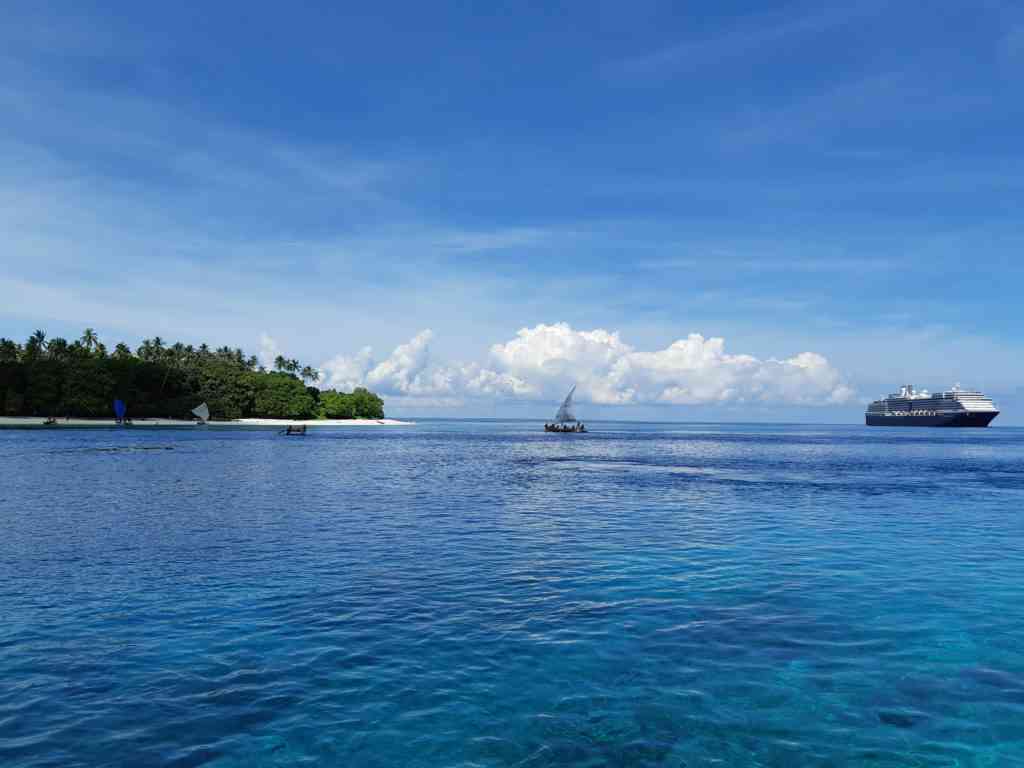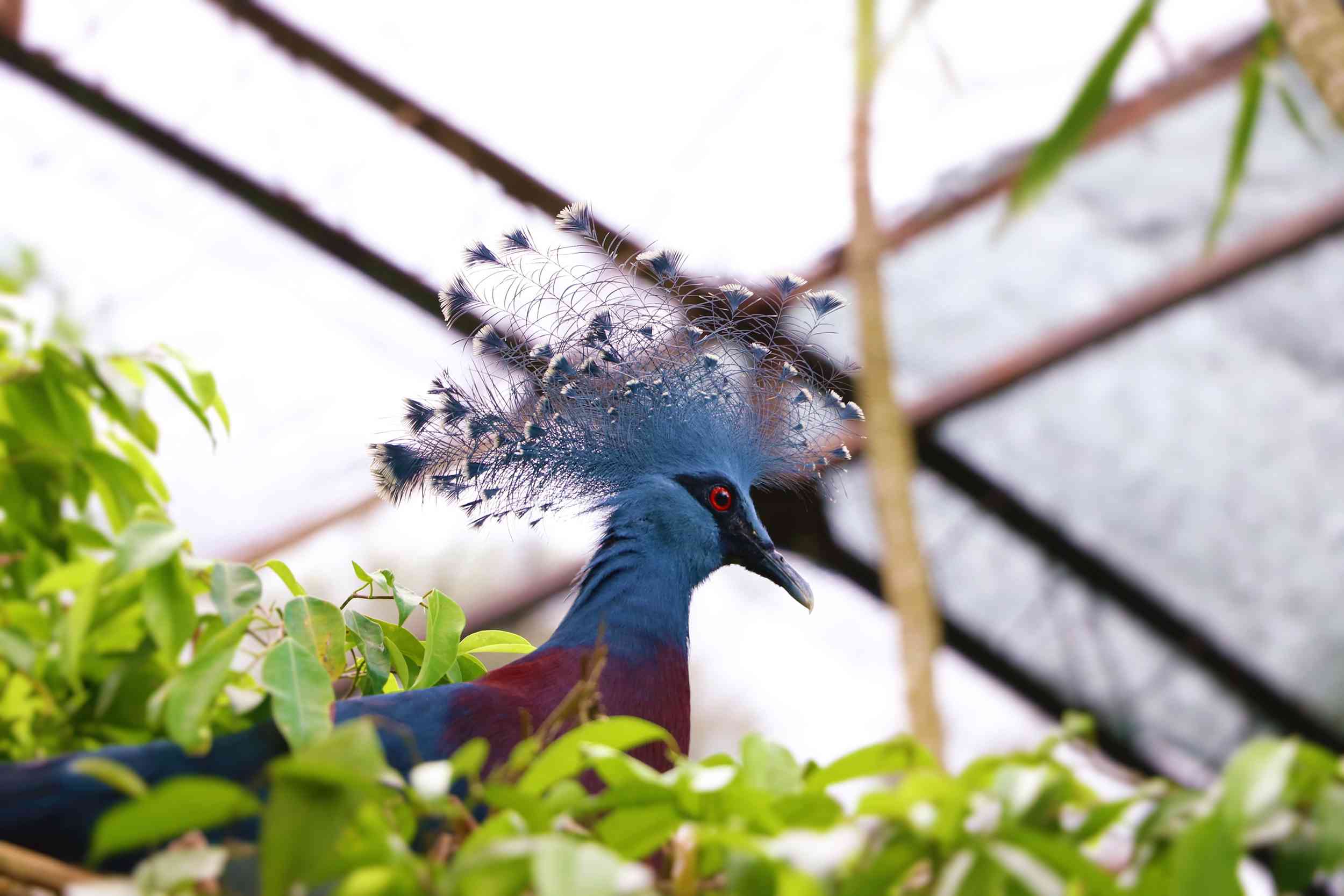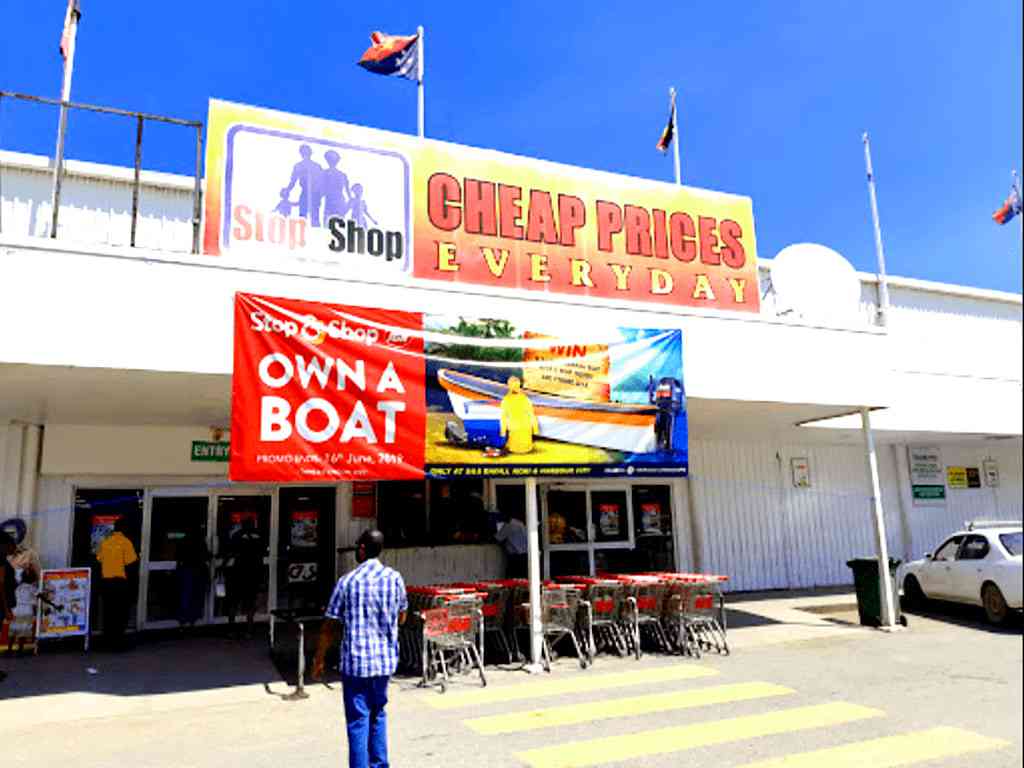Table of Contents
Can You Drink Tap Water in Port Moresby?
No, tap water is not drinkable.
Tap Safe includes data from many publicly available sources, including the WHO (World Health Organization), CDC (Center for Disease Control), and user submitted databases, but unfortunately there's not enough data about Port Moresby.
To see user submitted ratings of the water quality for Papua New Guinea, see the "User Submitted Ratings" box on this page.
The Port Moresby, Papua New Guinea tap water, announced to be one of the safest water in the world. The raw water is well treated by following the International Standards. And it goes through a regular test to maintain its quality.

Nevertheless, you should be cautious with the tap water that you are drinking. Must check the cloudiness, the color, the smell, and textures. Different signs may mean that the water is contaminated. Always check with the local provider and request for the test results.
The safety of the drinking water at your destination depends on context-specific factors such as the local supply. And may also rely on the delivery system, as well as the monitoring and implementation of water quality standards. Even small changes in water composition can cause diarrhea. For example, tap water from your location will have no ill effect on the local population. Still, due to different treatment standards, there may be higher concentrations or unfamiliar strains of E.coli bacteria present. It can cause diarrhea since you do not develop immunity during short-term exposure.
Source of Water in Port Moresby, Papua New Guinea
The primary source of water on Port Moresby comes from surface water like streams, rivers, lakes, ponds, reservoirs, estuaries, and swamps.
There are nine hydrological drainage basins. The most prominent river basins are the Sepik, Fly, Purari, and Markham. Even though the Sepik has the lowest annual release, it has the most significant catchment area, next is the Fly River, Purari, and Markham.
Kumul Consolidated Holdings is the implementing company for the Port Moresby Sewerage Systems Upgrade Project (POMSSUP), which includes the upgrading of the existing coastal sewerage system currently served by Eda Ranu. The Government of Japan, through its international development partner, the Japanese International Cooperation Agency (JICA), funded the project, along with the Government of Papua New Guinea.
The project aims to replace the aging and dilapidated infrastructure while improving sanitation and disinfection in Port Moresby. It will also have positive results for the environment in limiting the discharge of untreated sewage into the ocean. The maritime environment is protected, thus improving the diversity of the coastal ecosystem. Soon will turn, economic uplift fishing, and recreational development potentials.
Other links:

The estimated price of bottled water
$2.65 in USD (1.5-liter)
USER SUBMITTED RATINGS
- Drinking Water Pollution and Inaccessibility
- Water Pollution
- Drinking Water Quality and Accessibility
- Water Quality
The above data is comprised of subjective, user submitted opinions about the water quality and pollution in Port Moresby, measured on a scale from 0% (lowest) to 100% (highest).
Related FAQS
Reminder
Always take extra precautions, the water may be safe to drink when it leaves the sewage treatment plant but it may pick up pollutants during its way to your tap. We advise that you ask locals or hotel staff about the water quality. Also, note that different cities have different water mineral contents.
Sources and Resources
Sources Cited
Current Weather in Port Moresby
PORT MORESBY WEATHERSome of the Local Convenience Stores in Port Moresby

- Stop & Shop
- Kwik Mart
- Total
- RH Hypermart
- BS Mart
- TST
- Super Value Store 2 Mile
- Jmart Erima
- Tango
Estimated Price of Bottled Water
| Volume | PGK | USD | EUR | GBP |
| 1.5-liter | K7.60 | $2.21 | €2.00 | £1.70 |